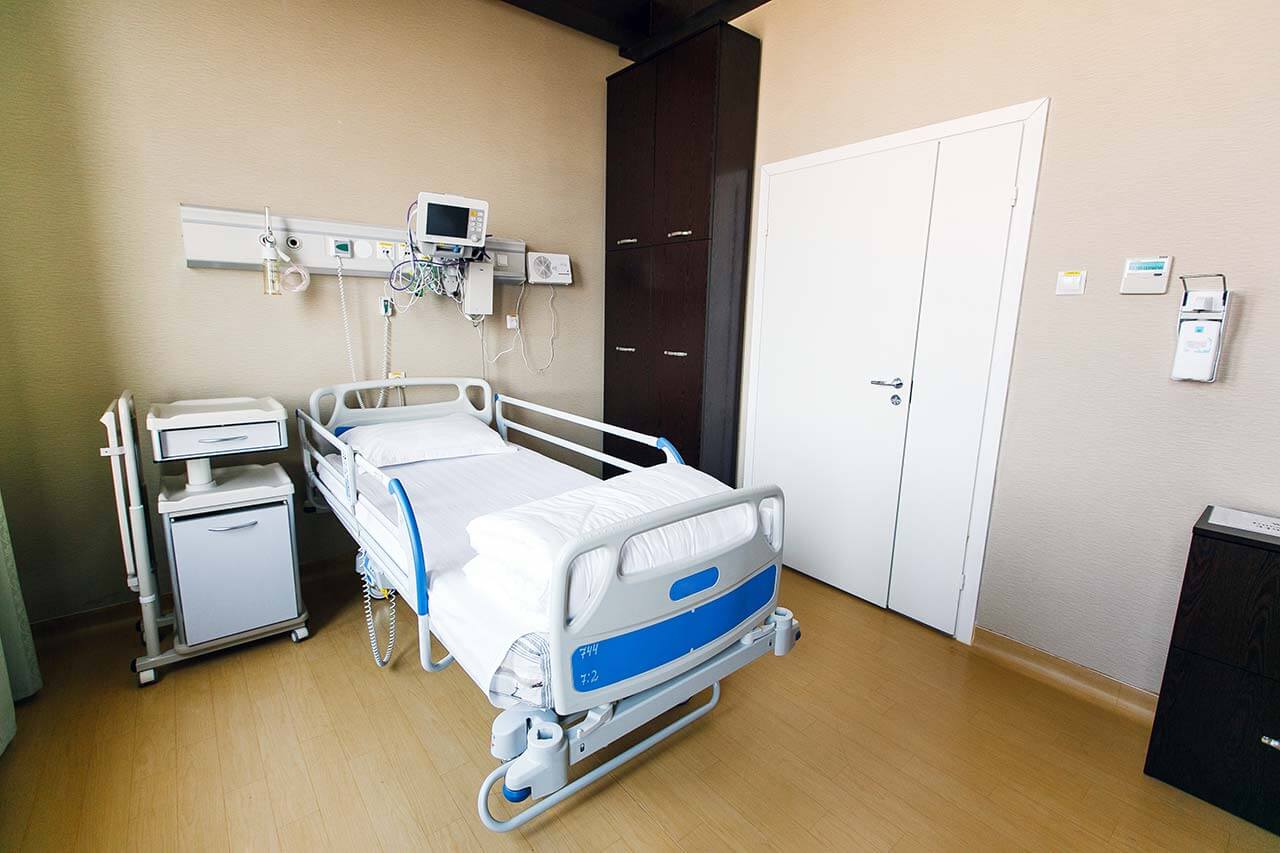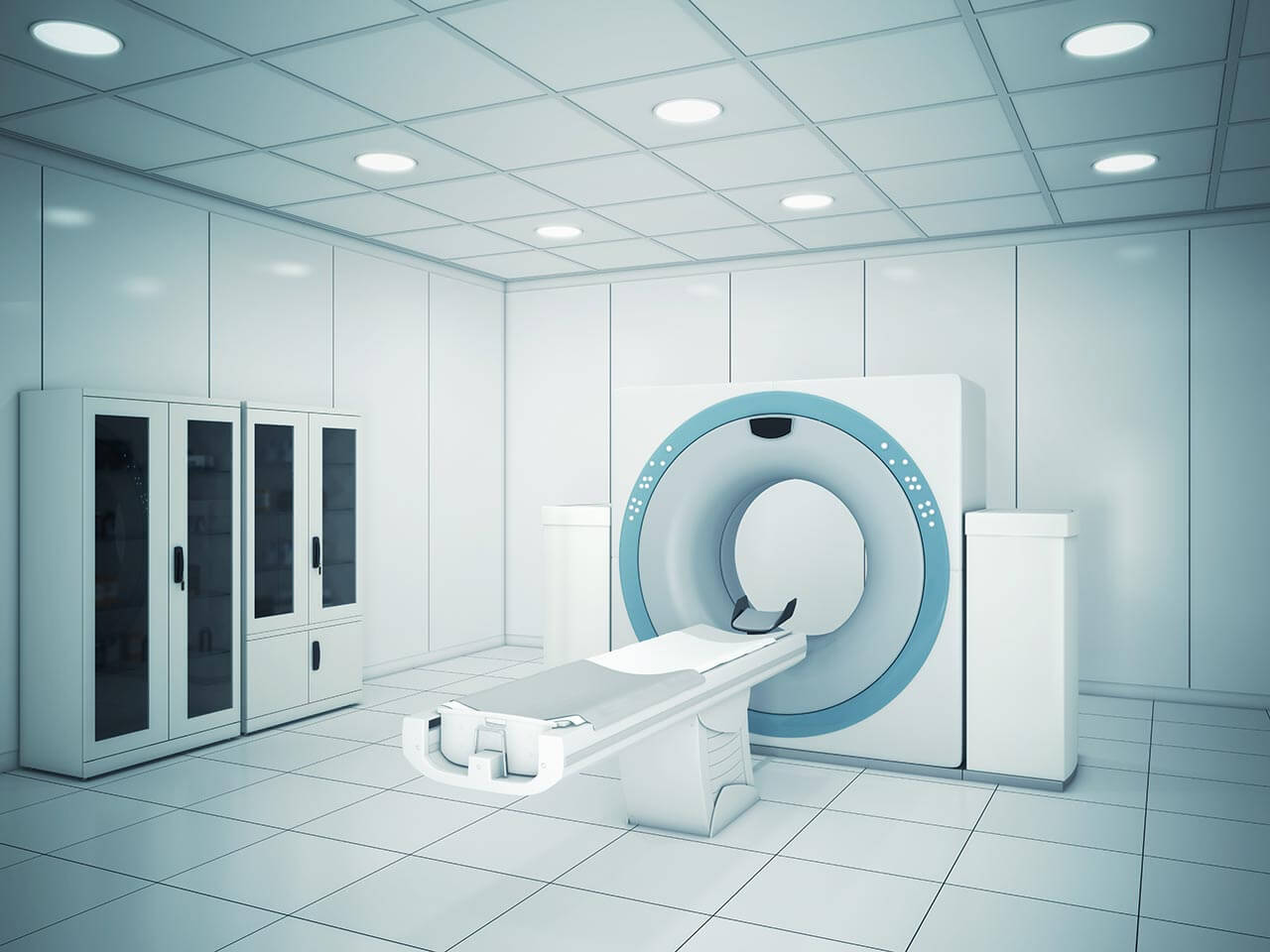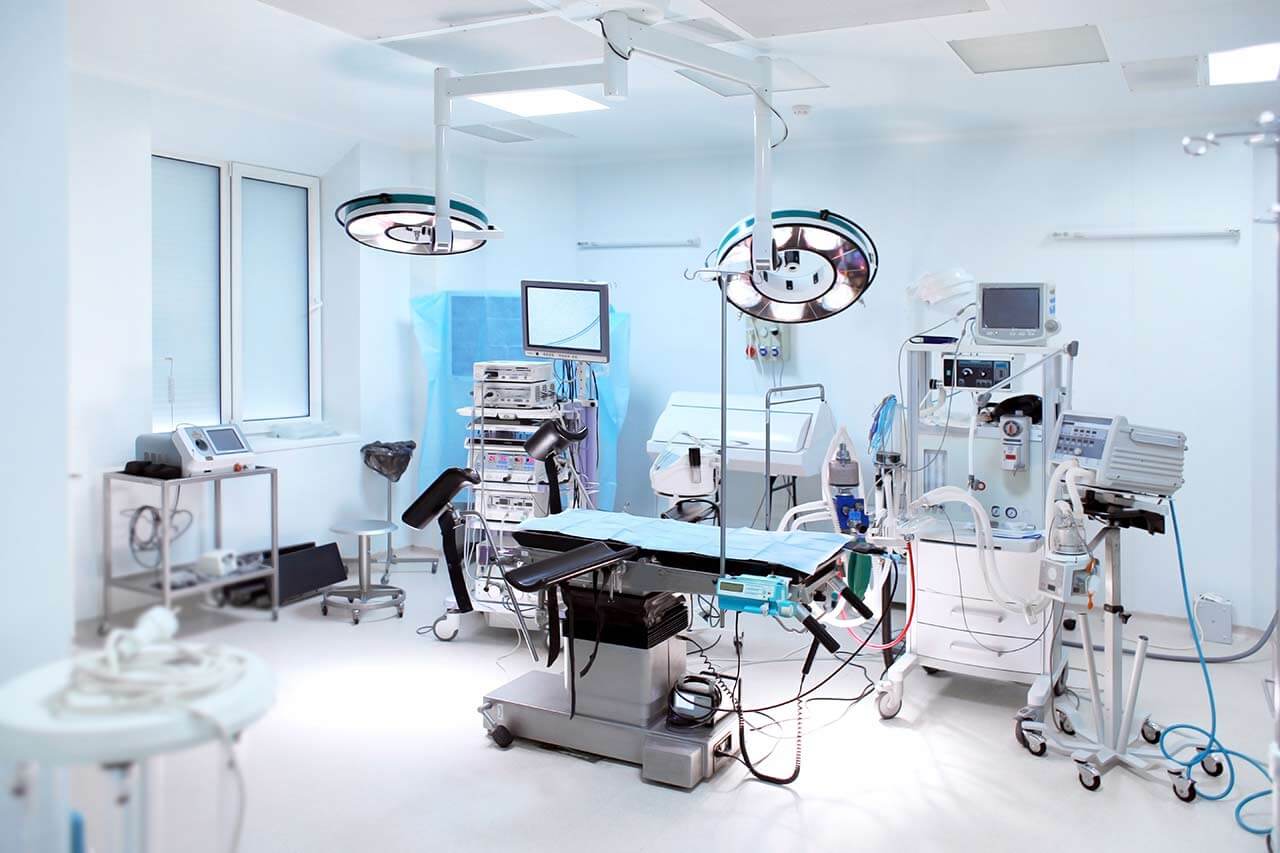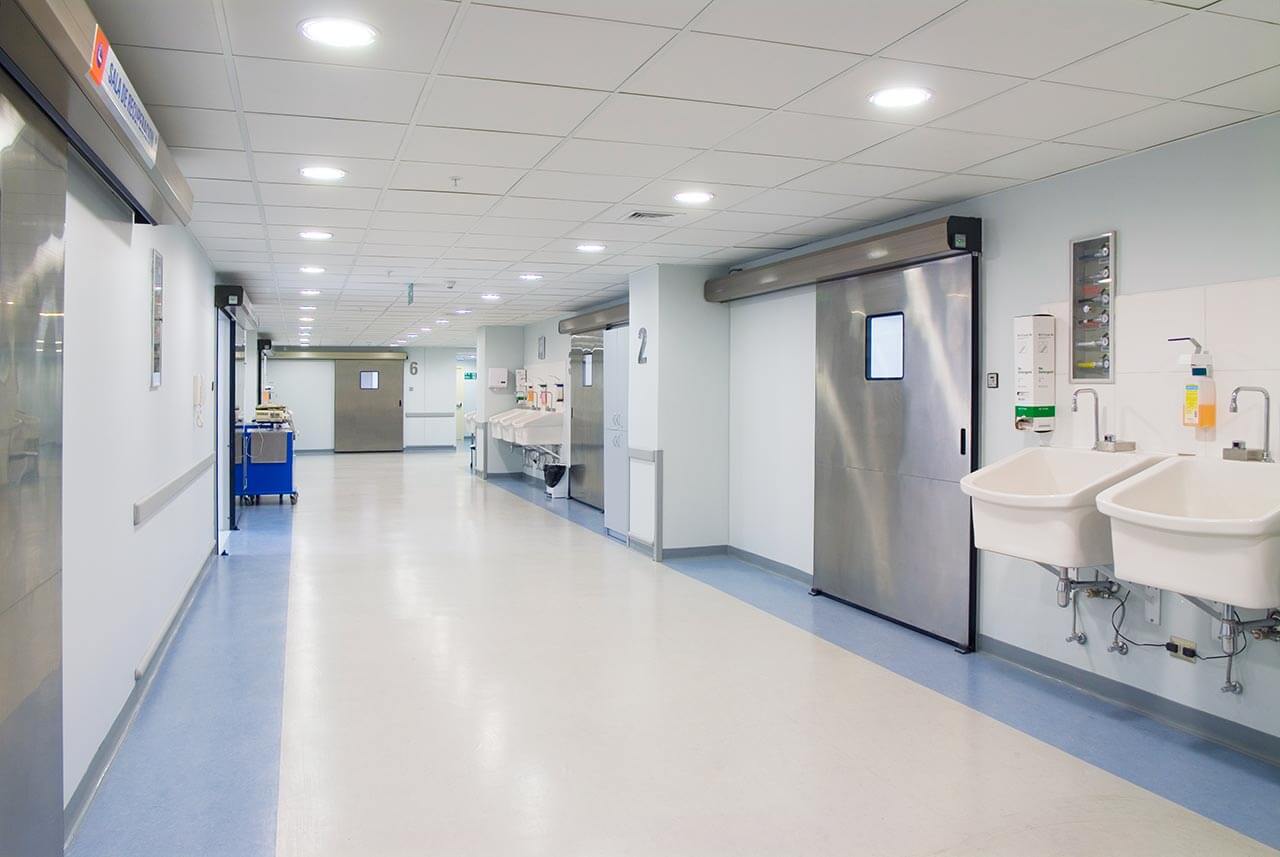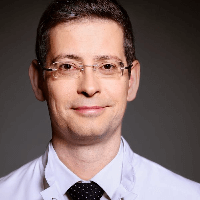
The program includes:
- Initial presentation in the clinic
- clinical history taking
- review of medical records
- physical examination
- laboratory tests:
- complete blood count
- general urine analysis
- biochemical analysis of blood
- inflammation indicators (CRP, ESR)
- indicators blood coagulation
- neurological examination
- functionality x-ray
- CT/MRI scan
- neuropsychological tests (on indications):
- ENMG (electroneuromyography)
- EEG (electroencephalography)
- SEPs (somatosensory evoked potentials)
- VEPs (visually evoked potentials)
- BAEP tests (brainstem auditory evoked potential)
- preoperative care
- resection of subdural brain hematoma
- blood transfusions (if needed)
- 5-days intensive care unit stay
- postoperative MRI control
- symptomatic treatment
- control examinations
- neurorehabilitation 10 days
- the cost of essential medicines and materials
- nursing services
- full hospital accommodation
- developing of further guidance
Required documents
- Medical records
- X-ray examination, MRI/CT scan (if available)
Service
You may also book:
 BookingHealth Price from:
BookingHealth Price from:
About the department
The Department of Neurosurgery and Spinal Surgery at the Alfried Krupp Hospital in Essen-Ruettenscheid offers high-quality surgical treatment for the full range of diseases of the central and peripheral nervous system. The priority areas of specialization of the medical facility include interventions on the blood vessels of the brain, peripheral nerves, surgery for brain tumor resection, skull base surgery, surgical treatment of traumatic brain injuries and chronic pain syndromes. Of particular interest is also modern surgical interventions on the cervical, thoracic and lumbar spine, including minimally invasive and microsurgical procedures. The department's successful clinical practice is recognized by the prestigious quality certificates of the German Society for Skull Base Surgery (GSB) and the German Society of Neurosurgery (DGNC). In addition, the department enjoys the status of one of the leading medical facilities in Germany, where extra-intracranial bypass surgery is successfully performed and minimally invasive surgical techniques are widely used. The patients' health is in the safe hands of a highly qualified team of experienced neurosurgeons who regularly demonstrate high treatment success rates. The specialists cooperate closely with neurologists and neuroradiologists of the hospital, which guarantees a comprehensive approach to medical care.
The Chief Physician of the department is Prof. Dr. med. Florian Ebner. The specialist received his medical education in Italy, and also repeatedly trained in America. The professor can boast of over 15 years of clinical experience and more than 2,800 successful neurosurgical interventions. He enjoys an excellent reputation both in Germany and far beyond its borders.
The department's neurosurgeons specialize in resection surgery for benign and malignant brain tumors. A large number of surgical interventions are performed for the removal of meningiomas, gliomas, pituitary adenomas, acoustic neuromas and brain metastases. Brain surgery is a complex task for surgeons, since the slightest mistake can lead to damage to vital anatomical structures and the patient's disability. Therefore, the department's operating rooms have the most advanced equipment: neuronavigation systems and intraoperative electrophysiological monitoring systems, devices for stereotaxic surgery, fluorescence microscopy, etc. State-of-the-art equipment allows not only for the effective surgical treatment of brain tumors, but also for the maximum safety of the intervention for the patient.
The medical facility is certified as the Vascular Neurosurgery Center by the German Society of Neurosurgery (DGNC). In this field, doctors cooperate closely with neuroradiologists who specialize in sparing endovascular surgery. The competence of the department's neurosurgeons includes interventions for cerebral aneurysms, angiomas, vascular malformations, moyamoya disease and other pathologies.
An important clinical focus of the department's neurosurgeons is skull base surgery. These interventions are performed within the framework of a highly specialized center certified by the German Society for Skull Base Surgery (GSB). The neurosurgeons working in the center cooperate closely with otolaryngologists and maxillofacial surgeons. The department's operating rooms have all the necessary equipment to perform surgical interventions for neurinomas, craniopharyngiomas, glomus tumors, chondrosarcomas, sphenoid wing meningiomas, cerebellopontine angle tumors, etc.
The department's range of services is complemented by the surgical treatment of spinal pathologies. The department's leading spinal surgeon is certified by the German Spine Society (DWG), so patients can be sure that they trust their health to one of the best experts in the area of their specialization. The department performs surgical procedures for spinal disc herniation, spinal stenosis, degenerative and traumatic lesions of the cervical and lumbar spine, tumors and vascular malformations of the spinal extra- and intradural space, vertebral fractures and other pathologies. In most cases, spinal surgery is performed using minimally invasive techniques. In addition, neuronavigation and electrophysiological monitoring are always used during interventions in order to reduce surgical risks.
The department's main clinical focuses include:
- Surgical treatment of brain tumors
- Meningiomas
- Gliomas
- Pituitary adenomas
- Acoustic neuromas
- Brain metastases
- Surgical treatment of сerebrovascular diseases
- Brain aneurysms
- Angiomas and other cerebrovascular malformations
- Moyamoya disease
- Surgical treatment of skull base neoplasms and pathologies
- Acoustic neuromas
- Trigeminal, glossopharyngeal, vagus neurinomas and neurinomas of other cranial nerves
- Craniopharyngiomas
- Glomus tumors
- Chondrosarcomas
- Epidermoids
- Meningiomas
- Sphenoid wing meningiomas
- Cerebellopontine angle tumors
- Trigeminal neuralgia
- Glossopharyngeal neuralgia
- Hemifacial spasm
- Intracranial lipoma
- Surgical treatment of pathologies of the peripheral nervous system
- Carpal tunnel syndrome
- Cubital tunnel syndrome
- Thoracic outlet syndrome
- Traumatic injuries of the peripheral nerves
- Surgical treatment of traumatic brain injuries
- Traumatic epi- and subdural hematomas
- Traumatic intracerebral hematomas
- Cranial vault fractures
- Cerebral edema
- Surgical treatment of chronic pain syndromes
- Back pain
- Trigeminal neuralgia
- Surgical treatment of spinal diseases
- Spinal disc herniation
- Spinal stenosis
- Degenerative spinal diseases
- Traumatic spinal injuries
- Vertebral fractures
- Spinal tumors
- Surgical treatment of other diseases of the nervous system
The department's range of surgical services includes the following options:
- Endoscopic interventions
- Microsurgery
- Minimally invasive surgery
- Stereotactic radiosurgery
- Extra-intracranial bypass surgery
- Periradicular infiltration therapy
- Other surgical techniques
Curriculum vitae
Prof. Dr. med. Florian Ebner is the Head of the Department of Neurosurgery and Spinal Surgery at the Alfried Krupp Hospital in Essen-Ruettenscheid. The doctor received his medical education in Verona, Italy, and defended his doctoral thesis at the Faculty of Medicine of the University of Tuebingen in Germany. Prof. Ebner has won several scholarships, including from the German Society of Neurosurgery, thanks to which he had the opportunity to study in the United States.
The specialist began his clinical practice in 2004 at the University Hospital Tuebingen. He eventually held the position of Managing Senior Physician in the Department of Neurosurgery at the same hospital.
During his work in the field of neurosurgery, Prof. Florian Ebner has performed more than 2,800 successful surgical procedures. He is a recognized specialist in the field of surgical treatment of brain tumors, skull base surgery, surgical treatment of acoustic neuromas, vascular neurosurgery, microvascular interventions, as well as surgical treatment of pathologies of the spine and spinal cord.
Photo of the doctor: (c) Alfried Krupp Krankenhaus
About hospital
The Alfried Krupp Hospital in Essen-Ruettenscheid began its work back in 1870, and large-scale restoration took place here in 1980. The medical facility is an academic hospital of the University of Duisburg-Essen, thanks to which it has access to innovations in the medical field, and also makes its own contribution to the development of modern therapeutic techniques. The hospital has 13 departments and various highly specialized centers, including the Breast Center, Endoprosthetics Center, Lung Cancer Center, Trauma Center and others. The hospital has 575 beds for patient hospitalization. The hospital also offers outpatient medical care. Every year, the hospital's team of doctors admits over 80,000 patients for diagnostics and treatment. For many years, the medical facility has held a leading position in the German medical arena, and is also widely known for its high quality standards in many other countries of the world. The hospital can be proud of its successful experience in providing medical care to foreign patients.
The priority fields of the hospital's work include the treatment of oncological, hematological, gastroenterological, gynecological, urological, neurological, orthopedic and other diseases. The high quality standards of medical care are facilitated by the constant updating of medical equipment and advanced training courses for medical personnel. The hospital widely applies modern methods of conservative treatment, progressive laparoscopic surgical techniques, as well as innovative robotic surgery using the da Vinci Xi system.
The medical facility has been awarded numerous quality certificates confirming the outstanding clinical work of its specialists. These include, in particular, a certificate of the German Society for General and Visceral Surgery (DGAV) in the field of bariatric surgery, colorectal surgery, pancreatic surgery and minimally invasive surgery, an endoCert certificate in the field of joint replacement surgery, a certificate of the German Cardiac Society (DGK) in the field of emergency cardiac care, a certificate of the German Cancer Society (DKG) in the treatment of prostate and lung cancer, a certificate of the German Stroke Society, a certificate of the German Society of Phlebology and others.
Special attention should be paid to the exceptional professionalism of the doctors working at the hospital, who apply all their rich experience and deep knowledge to restore the health of patients. The specialists use an individual approach in their work and carefully think over each treatment regimen so that the patient gets the maximum result, but at the same time the course of therapy is as sparing as possible. The hospital's team of doctors keeps pace with the very latest medical advances and actively implements them into clinical practice for the benefit of patients.
Photo: (с) depositphotos
Accommodation in hospital
Patients rooms
The patients of the Alfried Krupp Hospital in Essen-Ruettenscheid live in comfortable single and double rooms with light colors. For maximum convenience, each patient room has an ensuite bathroom with shower and toilet. The patient room includes a comfortable automatically adjustable bed with an orthopedic mattress, a bedside table, a wardrobe, a table and chairs, as well as a TV and a telephone. Wi-Fi is available upon request.
The hospital also offers enhanced-comfort rooms corresponding to the level of an upscale hotel room. Such patient rooms additionally include upholstered furniture, a safe, a minifridge, and an air conditioner. Daily fresh newspapers, seasonal fruits, coffee and tea are offered to the patient in the room (upon request).
Meals and Menus
The patients of the hospital are offered delicious meals three times a day. Breakfast and dinner are served buffet style with a wide selection of cheese, cold meats, vegetables, fruits, pastries, etc. For lunch, there is a choice of several set menus. The patients living in an enhanced-comfort room benefit from a separate menu for breakfast, lunch and dinner with a large assortment of delicious dishes.
Further details
Standard rooms include:
Religion
The services of representatives of religions are available upon request.
Accompanying person
During an inpatient program, an accompanying person can stay with you in the patient room or in a hotel of your choice.
Hotel
During an outpatient program, you can stay in a hotel of your choice. The managers will help you choose the most suitable options.
